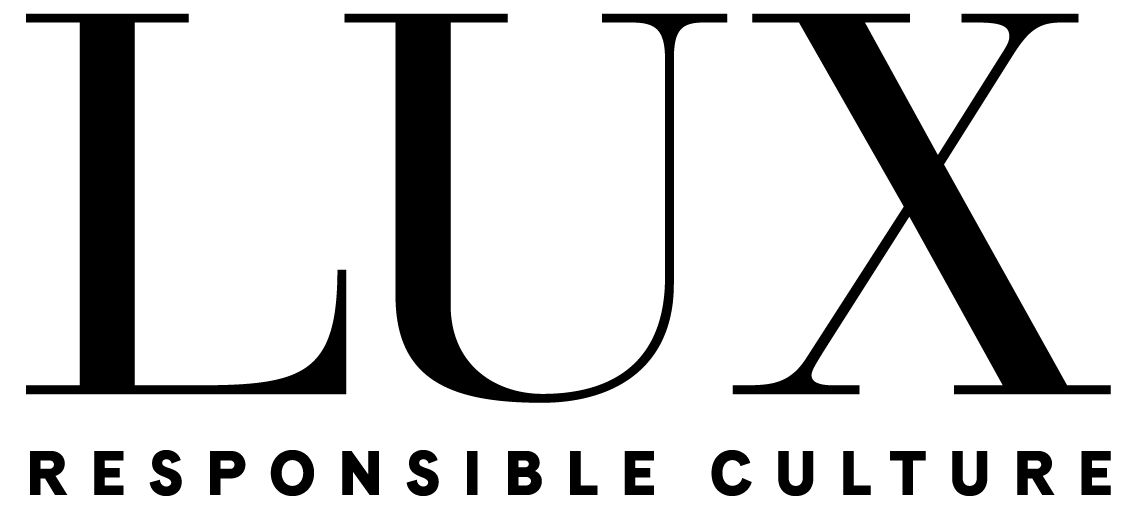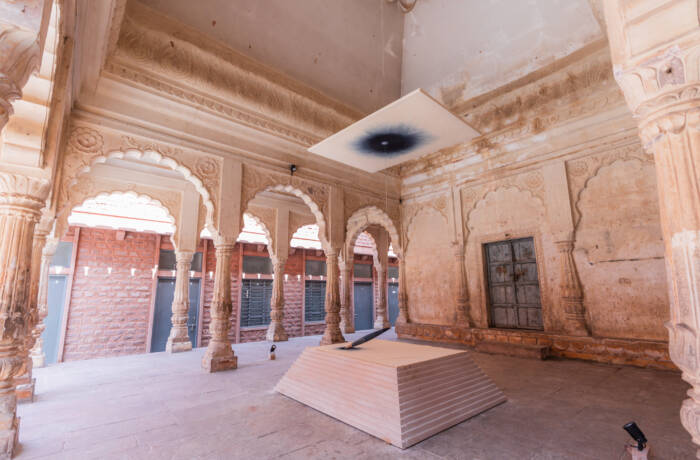FROM EARTHQUAKES TO UPRISINGS, FOR ONE PRIVATE JET COMPANY THE SKIES ARE NO LONGER THE SOLE DOMAIN OF ROCK STARS AND HOLLYWOOD A-LISTERS. GUY FIORITA REPORTS
Turn on the news any day of the week and, unfortunately, there is probably a story about a human tragedy taking place somewhere in the world. Usually by the time we first hear about it, relief is already on the way. We see images of it arriving by the planeload to some far-flung airstrip. Ever stop and wonder who is behind those jumbo jets full of food and blankets? Not many would guess that it’s the same company that’s flying the hottest new boy band in ultra-luxury from one stop to another on a world tour but, from spoiling VIPs to flying relief missions, for the last 40 years Chapman Freeborn has been doing both.
Launched in 1973, Chapman Freeborn is the world’s leading jet charter company with offices in 25 countries. They have flown their share of jetsetters, royalty, oligarchs and stars and they’ve learned to provide a luxurious experience better than anyone else, but according to Alex Berry, Group Sales and Marketing Director, there is another side to the business that is a lot less glamorous but much more rewarding. “From flying humanitarian aid into areas in need, to moving people displaced by war, there hasn’t been a major international incident in the last 30 years that we were not involved in.”
When tragedy strikes, like an earthquake in Haiti or famine in Sudan, aid organizations need to move food, blankets, workers and much more, and they need to do it fast. “The airlines won’t fly on credit. Not even for organisations like the UN or Red Cross. So you need to have someone with the capacity and financial capabilities to make this work and make it work fast. Since we are privately owned and financially strong, we can meet the needs of the agency by mobilizing people and equipment without any delay.”
Some cynics say flights like these merely amount to making money out of other people’s misery. It is a claim Berry has heard before. “Do we make money out of evacuating people from war zones or bringing in relief to the needy? Yes we do, however we understand the importance of these missions and we make sure that everything is carried out as quickly, efficiently and professionally as possible. Often there are lives on the line. It is a huge responsibility and we take it very seriously.”
The Haitian earthquake of 2010 is a perfect example of Chapman Freeborn putting their experience and resources to work for a good cause. After the devastating quake, relief material came pouring in from around the world but the airport had no offloading equipment to handle it all. “The first thing we did was fly in the proper gear and we immediately unloaded 10 planes. They could then fly back out to bring in more material. The Haiti tragedy happened on a Boxing Day. Our entire staff came in and worked throughout the holidays. Most of them ended up even sleeping in the office. It was tiring but very rewarding work.”
Chapman Freeborn has a product called REACT (Rescue, Evacuation and Aid Charter Team) that monitors international news sources and then, as its name suggests, reacts as quickly as possible when an aid organisation needs their help. During the Arab Spring REACT responded to crisis situations in Egypt, Libya, Tunisia and Bahrain handling over 100 evacuation flights, flying over 20,000 passengers to safety. “Having 35 offices in 25 different countries around the world means we can deploy people from local offices to be on the ground right away. We were the first aircraft into Fukushima, Japan. We flew in a German search and rescue team with dogs and 13 tons of technical equipment from Frankfurt to Tokyo on a chartered B767 aircraft.”
In October, 2011 when St. Anthony Central Hospital in Denver closed an old facility and donated the surplus medical equipment to Hanoi’s Bach Mai Hospital, Chapman Freeborn organised the air transportation of over 50 tons of medical equipment. “The delivery was particularly poignant as it arrived on the 40th anniversary of the Bach Mai Hospital bombing in 1972 which claimed the lives of 28 hospital staff. It was very inspiring,” says Berry. And, as it turns out, just part of the job.












